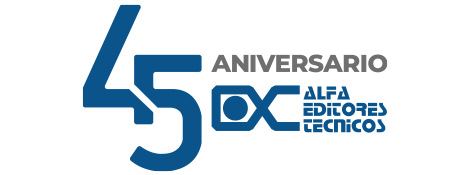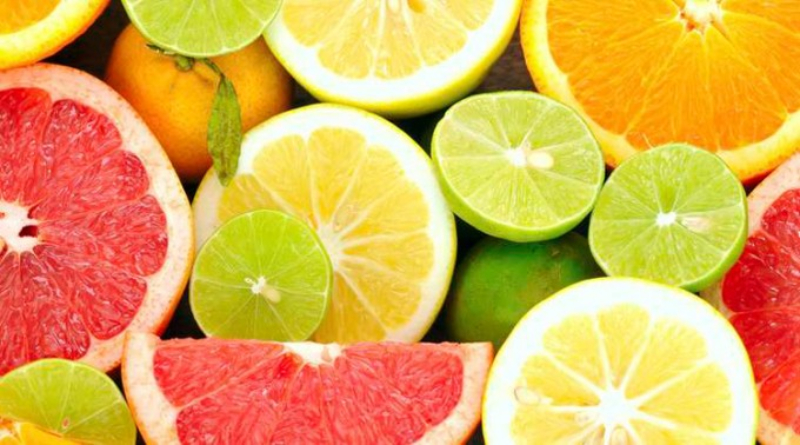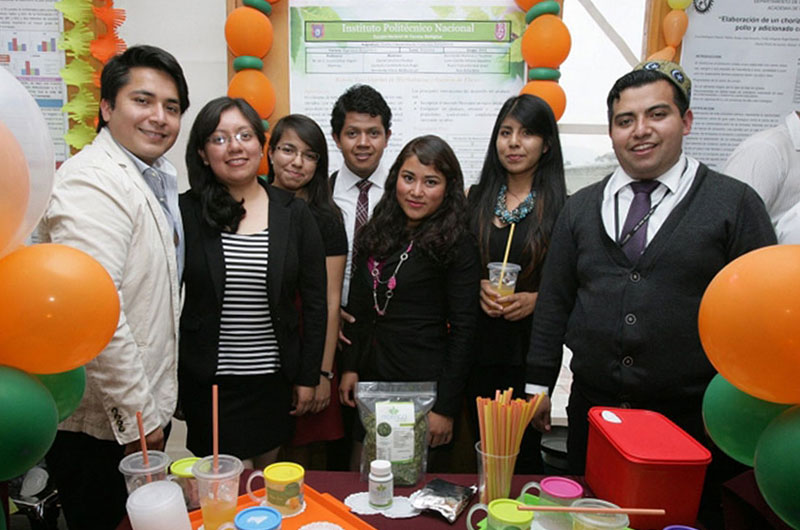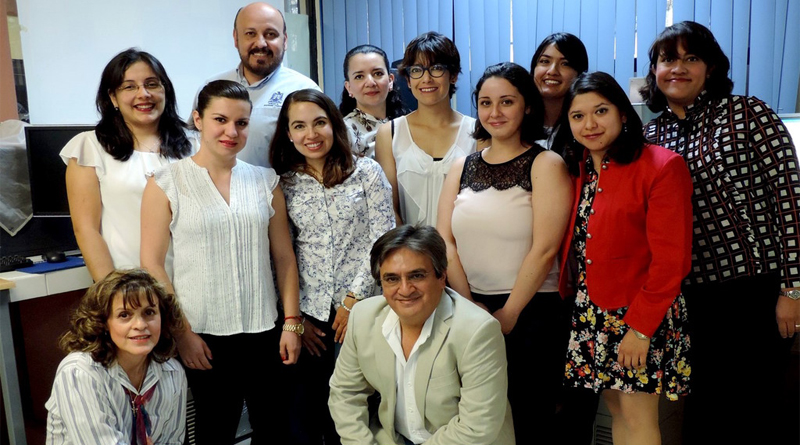Jennewein Biotechnologie, which specializes in the research and manufacture of human milk oligosaccharides (HMO), and Inner Mongolia Yili Industrial Group (Yili Group), China’s leading dairy company, have signed of a Memorandum of Understanding on research into infant microbiome and HMOs. Their goal will be to develop an innovative infant formula and dairy products specifically tailored to the Chinese market – the largest market for baby food globally.
Under the agreement, Jennewein Biotechnologie will provide the HMOs and contribute with the expertise in HMO and microbiome research, while Yili Group will complement “the fruitful cooperation with their extensive and deep knowledge about human milk composition and the microbiome, in particular in the Chinese population, and their expertise in the development of infant formulae and dairy products for the Chinese market,” Dr. Hue-Tran Hornig-Do, who handles the Scientific Communication for Jennewein, tells NutritionInsight.
The costs will reportedly be shared equally among both parties.
HMOs constitute the third largest component of breast milk and are unique to humans in concentration and structural diversity. HMOs possess several physiological effects; they confer protection against infectious diseases (e.g., noroviruses) and act as prebiotics for the development of the infant microbiome.
The establishment of a healthy microbiome is key for the overall development of an infant. Failure to support a natural or healthy microbiome may potentially lead to obesity, autism or allergy development in addition to other existing issues in infant health and development. However, most infant formulas do not contain HMOs as of today.
In 2015, the US Food and Drug Administration (FDA) granted Jennewein Biotechnologie a license to market 2′-fucosyllactose, making it the first company to introduce the first biotechnologically produced HMO into the infant feeding market in the US. This was followed in 2017 by EU authorization under the Novel Food Regulation. Jennewein Biotechnologie works with most of the global baby food companies and several infant milk formulas around the world now contain 2′-fucosyllactose (e.g., Abbott Similac).
“After already having introduced HMOs in other world regions, such as the key US market and selected European countries, we are very excited to work with Yili, the domestic market leader for microbiome/baby food in China,” states Dr. Stefan Jennewein, CEO and Co-Founder of Jennewein Biotechnologie.
“With 50 percent of the total global market volume, China is presently the largest market for baby food,” Jennewein notes.
Dr. Gerrit Smit, Managing Director of Yili Innovation Center Europe stated: “Yili Group has been dedicated to Chinese breast milk composition studies for years and has initiated the establishment of a Chinese Breast Milk Database. Yili has constantly brought innovative products to the market based on scientific research, for example Pro-Kido, and is looking forward to collaborating with Jennewein in the future.”
“Infant nutrition is, in general, a very sensitive field. Most of the Chinese parents/mothers in urban cities have to return to work earlier and thus feed their children
due to convenience and other reasons with infant formula,” Hornig-Do tells NutritionInsight.
According to Hornig-Do Chinese parents prioritize quality and nutritional value of infant formula over its price.
“Fifty-nine percent named nutritional value as the most important factor, while 45 percent chose quality and 39 percent chose safety for choosing formula (data taken from market research by Advanced Lipids),” she adds.
The importance of high quality infant nutrition is also exemplified by the fact that although infant mortality rates have improved, issues such as allergies, obesity and autism have become more prominent, even in younger children, constituting a major economic burden to societies around the globe.
“There is increasing evidence that failure to support a natural microbiome may potentially lead to these diseases. With the vision to contribute to human well-being and health, we are committed to bringing the benefits of HMOs for the development of a healthy infant microbiome to Chinese parents and their children.”
“Breast milk is the best nutrition for babies. However, we believe that adding bioactive components like HMOs into infant formula, which is based on cow milk and thus lacks HMOs, we can improve the quality and nutritional value of infant formulae. This is a step forward to closing the gap between infant formula and breast milk,” she says.
“With the knowledge of the Yili group about Chinese breast milk composition, in particular HMOs concentration in Chinese milk samples, and their expertise in developing infant formula and dairy products we are highly confident that we can develop a product which meets the needs of Chinese parents and babies in terms of quality, nutritional value and safety parameters,” Hornig-Do concludes.
At HiE 2018 in Frankfurt, NutritionInsight spoke with Christian Metzmacher of Jennewein Biotechnologie about the company’s most recent work with HMOs. “We invented a specific fermentation process to produce these HMOs. As it turned out, there’s a huge demand so we increased our production capacities by about 300 percent in the past 18 months,” he says, adding that this demand is driven by a desire to bridge the gap between breast milk and infant formula.
Source: Food Ingredients First










